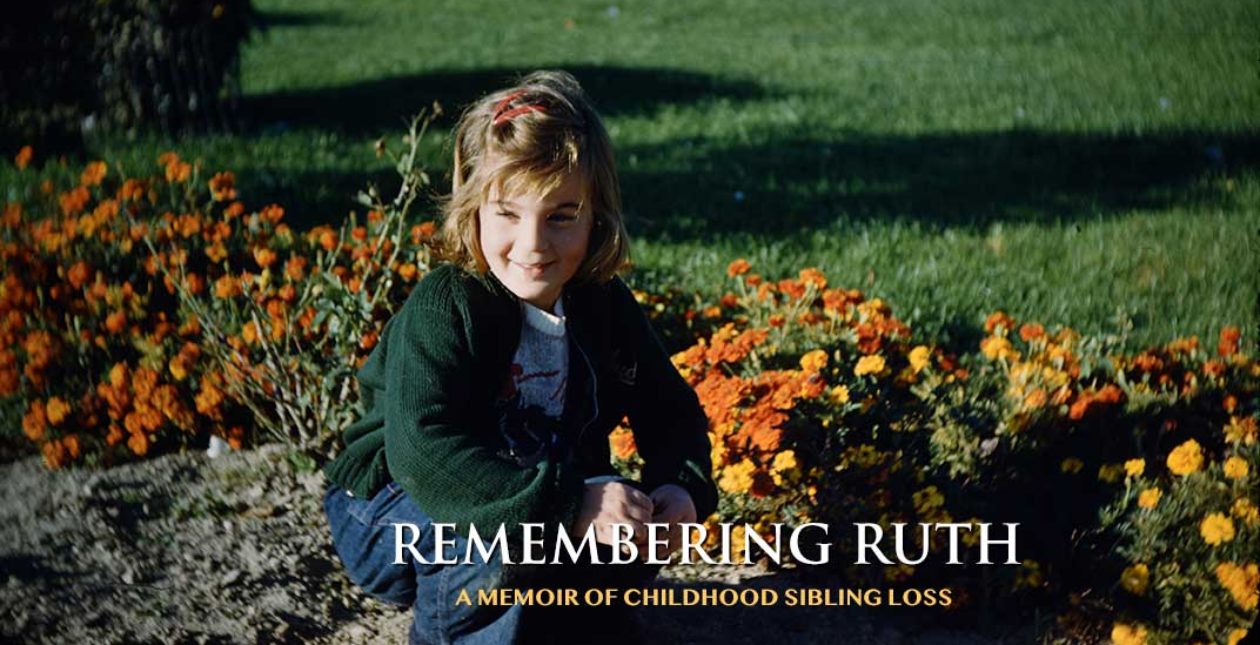My reaction to Three Identical Strangers
 Were you as angry as I was when you saw the 2018 documentary, Three Identical Strangers? The film tells the story of male triplets born in 1961 who were separated at six months of age and adopted by three different families. The New York City adoption agency, Louise Wise, did not tell any of the three sets of adoptive parents that their son was one of triplets.
Were you as angry as I was when you saw the 2018 documentary, Three Identical Strangers? The film tells the story of male triplets born in 1961 who were separated at six months of age and adopted by three different families. The New York City adoption agency, Louise Wise, did not tell any of the three sets of adoptive parents that their son was one of triplets.
It was happenstance when they were 19 that caused each of them to discover they had two identical brothers and had been purposely separated for scientific reasons. Psychologists wanted to study whether it’s nature, nurture, or a combination of both that shapes personalities. The adoption agency knowingly separated many twins and triplets for the purposes of the study.
When the boys were reunited in 1980, there was initially much joy and celebration. In addition to looking alike, the boys had many traits in common. During numerous TV appearances, it was amusing to observe how they walked and talked alike and shared many mannerisms.
However, soon the movie reveals a darker side, and the story becomes sad and harrowing. Viewers got to see the emotional pain the boys suffered. The different paths their lives took included one brother serving prison time for armed robbery and another committing suicide.
The thing that angered me the most was that no one considered the psychological damage each triplet would suffer from the initial separation that was foisted upon them. The infants shared the same large crib for the first six months of life. Then they were separated.
In reading articles and research papers when I began delving into the impact of sibling loss (twenty-five years after Ruth died), I found that surviving siblings suffer greatly. What’s more, even if their sibling died before they were born, the survivor suffers that loss. Often, if they didn’t know they’d had a sibling who had died, they felt melancholy and didn’t know why.
“It’s beyond anger,” the LA Times quotes one of the triplets in its movie review. “We’ve been called ‘subjects.’ We’re victims. There’s a big difference . . . They treated us like lab rats. Nothing more. And we’re human beings.”
